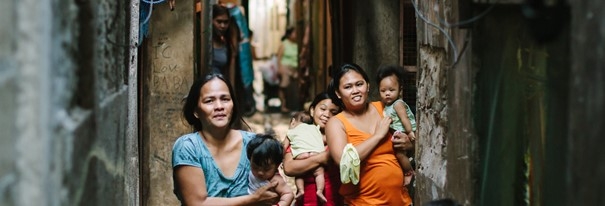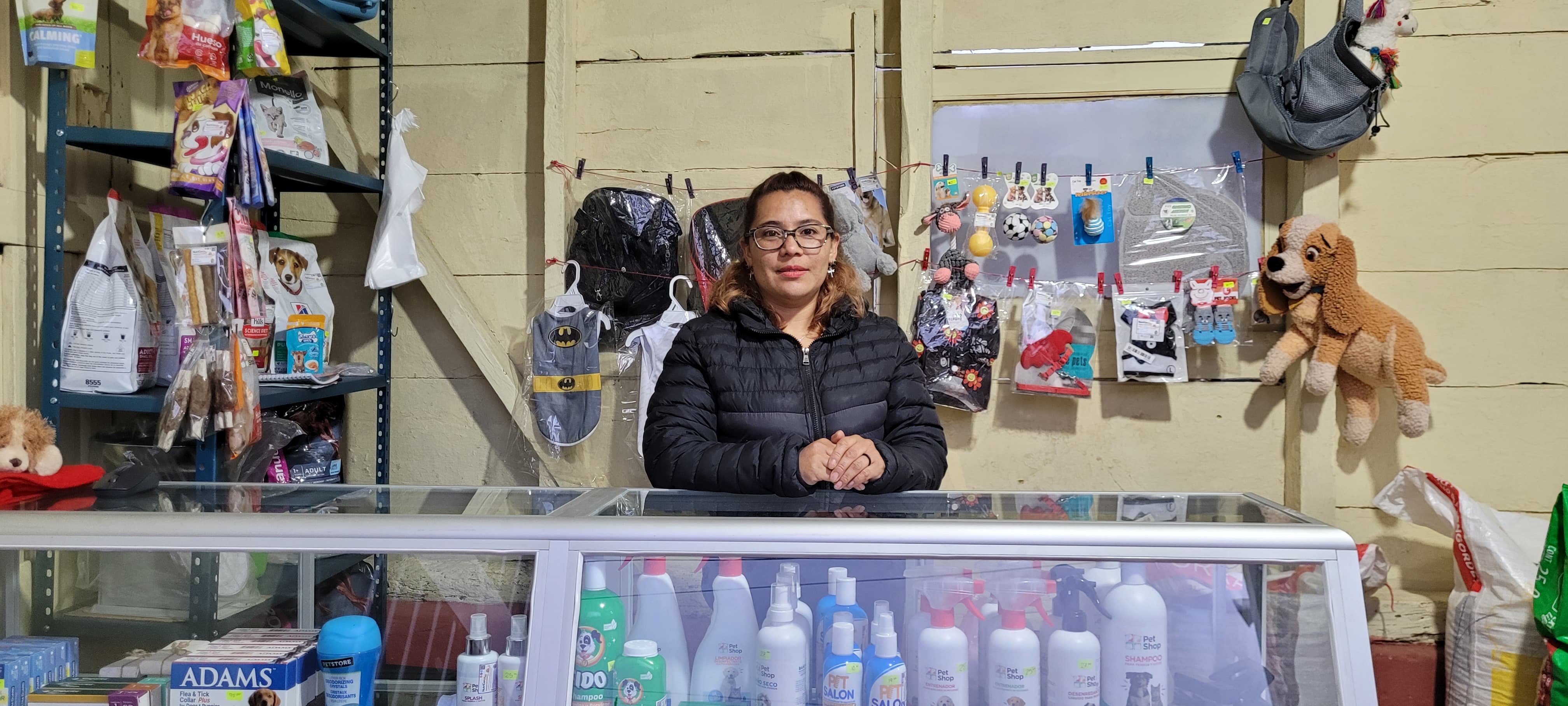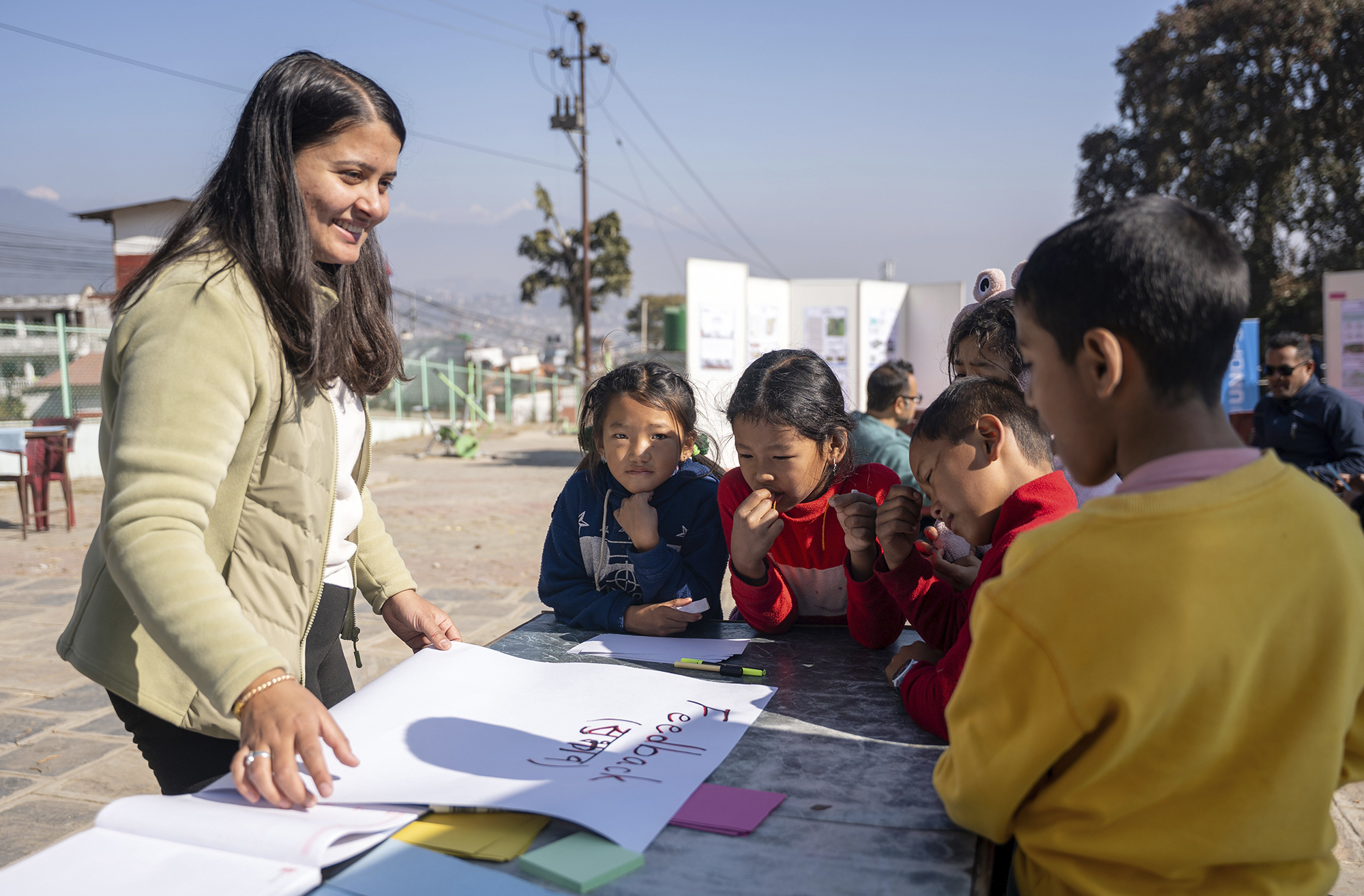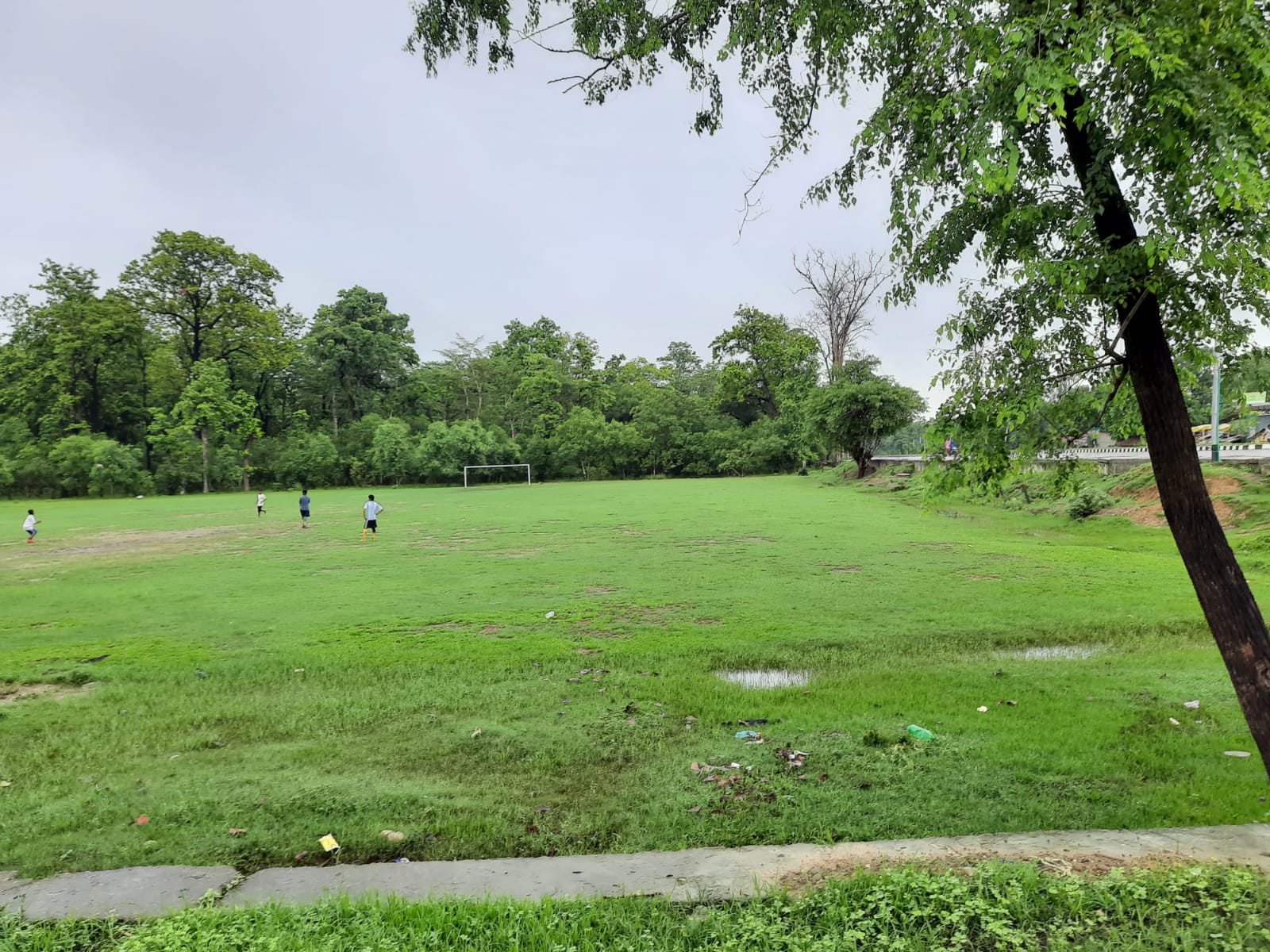Cities for Women under COVID19
The COVID-19 pandemic is largely concentrated in cities and urban areas. The urban poor, living in highly densely populated environments with very little access to public (health) facilities, is one of the communities most vulnerable to COVID-19. For women and girls, the challenges are much greater as they have been impacted disproportionally by the pandemic, including increased domestic violence and the burden of unpaid care work.
However, the pandemic can also represent a turning point at the global level allowing to reflect on new approaches to informal settlements and to find more effective solutions. At the same time, communities in the informal settlements are incredibly resilient, they have an enormous capacity to coordinate themselves, define their needs and come up with innovative and affordable solutions. As the following articles show women’s groups are playing a crucial role, emerging as the unsung heroes in this crisis:
Flattening the Curve: Women’s Groups Lead Covid Response in Informal Settlements by Irene Kinoti and Diana Wachira
The COVID 19 pandemic poses unique risks to people living in Kenya’s vulnerable informal settlements and to those in similar circumstances around the world. As the government grapples with the modalities of social protections for these vulnerable communities, women’s groups in Kenya have been stepping in to provide solutions.
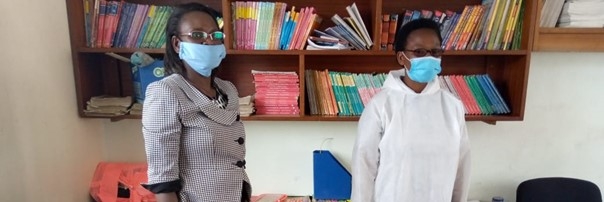
Photo: Veronica Cheptum, Pamoja Trust
India: “Women Left the City and Won’t Come Back” by Giulia Maci and Prerna Bhardwaj
In India, almost 94% of the total women workers are employed in the informal sector. Despite their work and contribution to the economy, city policies fail to recognise women’s needs. The COVID-19 crisis is unveiling this paradox, calling for a new approach to city planning. Women workers need to be directly represented in urban governance, in the processes that decide who gains access to public space, public services, and land.
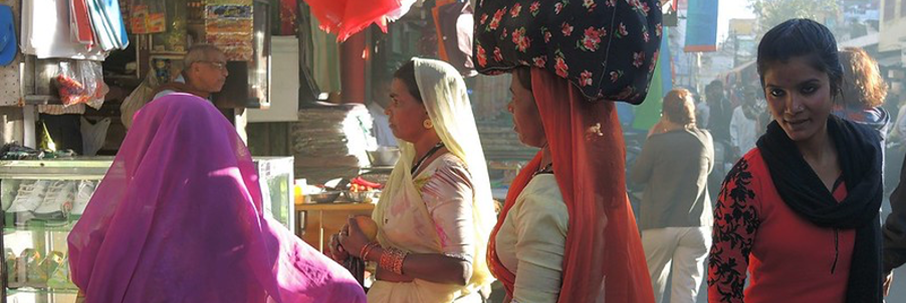
Photo: Güldem Üstün via Flickr
Why We Need Women’s Leadership in the COVID-19 Response? the Case of Kampala by Deborah Asikeit and Giulia Maci
In Uganda, women are leading the political and institutional responses to the COVID-19 pandemic. At the same time, women are playing a key role in fighting against the pandemic in informal settlements, they have a strong understanding of their communities and are best placed to address the disproportionate impact of the crisis on women and girls. Still, COVID-19 responses in the country fail to recognize their specific needs and vulnerabilities.
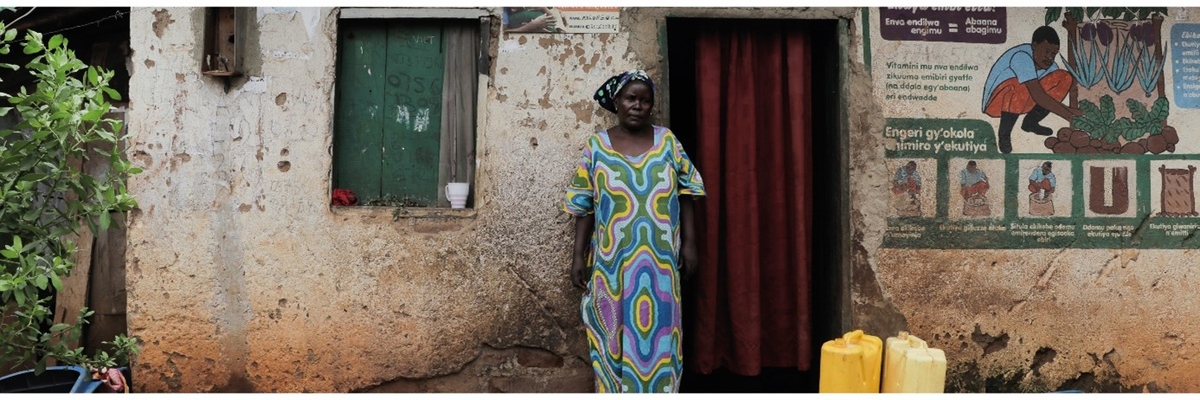
We Want Our Cities to Go Back to Normal. Rather Not by Giulia Maci
COVID-19 crisis is temporarily changing urban social relations. From public spaces to our perception of safety, from care responsibilities to the use of digital technology, the emergency highlights existing inequalities and offers the possibility of looking at our cities from a new and unexpected perspective.
